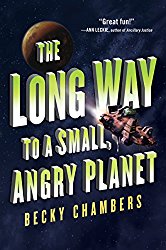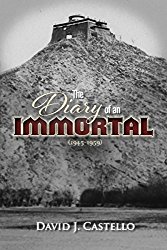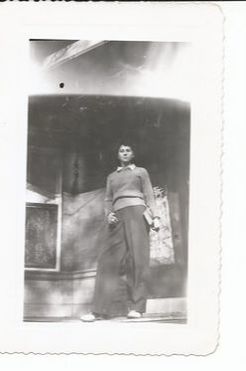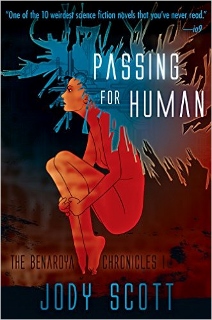
The Long Way to a Small, Angry Planet
by Becky Chambers
Ashby Santoso is the owner and captain of a space-boring ship, he's the contractor folks call when they need a wormhole drilled.
Ashby is a human, a minor race recently admitted to the Galactic Commons (GC). His crew is a melange of species that make up the GC. Their latest, very lucrative contract: a long normal-space haul to the distant Toremi territory to bore a wormhole back. But not all the Toremi are in favor of this new alliance and space, particularly out in the sticks, can sometimes be deadly.
Angry Planet is a character-driven story about an ordinary, likable crew doing an ordinary, yet kind of thrilling spacer job. The depictions of different species, their viewpoints, and how they manage to get along and function together is very well drawn; Chambers is an excellent writer, delightful to read. The story is quite human-centric, and so we get a skewed view of this Galactic Commons, in which the human species is but a minor player, but this is a small quibble.
Thoroughly enjoyable and highly recommended! 4 out of 5 stars.
-Mary Whealen
by Becky Chambers
Ashby Santoso is the owner and captain of a space-boring ship, he's the contractor folks call when they need a wormhole drilled.
Ashby is a human, a minor race recently admitted to the Galactic Commons (GC). His crew is a melange of species that make up the GC. Their latest, very lucrative contract: a long normal-space haul to the distant Toremi territory to bore a wormhole back. But not all the Toremi are in favor of this new alliance and space, particularly out in the sticks, can sometimes be deadly.
Angry Planet is a character-driven story about an ordinary, likable crew doing an ordinary, yet kind of thrilling spacer job. The depictions of different species, their viewpoints, and how they manage to get along and function together is very well drawn; Chambers is an excellent writer, delightful to read. The story is quite human-centric, and so we get a skewed view of this Galactic Commons, in which the human species is but a minor player, but this is a small quibble.
Thoroughly enjoyable and highly recommended! 4 out of 5 stars.
-Mary Whealen

The Diary of an Immortal
by David J. Costello
A medic involved in the liberation of Dachau concentration camp discovers a cache of pills with the astonishing claim that, taken daily, they will confer immortality.
Steven begins taking pills as a panacea to the brutal reality of war and the camps.
From Germany to New York to to China and Tibet, Diary of an Immortal takes us on a greatest-hits tour of many of the major historical happening post WW2, as the protagonist seeks first the truth behind the immortality formula and its origin, and then to stop the forces that seek to use it to unleash another evil messiah unto the world.
Early on the novel asks "How does it change one's perspective and reality to become immortal?" and a connection between music and extra-sensory states of awareness is postulated, but these fertile novelistic questions are soon abandoned for what is essentially a cops-n-robbers tale with an overlay of eastern mysticism.
The author is a talented writer and the storytelling compelling enough, but I was disappointed by the theme tease: 3 out of 5 stars.
-Mary Whealen
by David J. Costello
A medic involved in the liberation of Dachau concentration camp discovers a cache of pills with the astonishing claim that, taken daily, they will confer immortality.
Steven begins taking pills as a panacea to the brutal reality of war and the camps.
From Germany to New York to to China and Tibet, Diary of an Immortal takes us on a greatest-hits tour of many of the major historical happening post WW2, as the protagonist seeks first the truth behind the immortality formula and its origin, and then to stop the forces that seek to use it to unleash another evil messiah unto the world.
Early on the novel asks "How does it change one's perspective and reality to become immortal?" and a connection between music and extra-sensory states of awareness is postulated, but these fertile novelistic questions are soon abandoned for what is essentially a cops-n-robbers tale with an overlay of eastern mysticism.
The author is a talented writer and the storytelling compelling enough, but I was disappointed by the theme tease: 3 out of 5 stars.
-Mary Whealen

